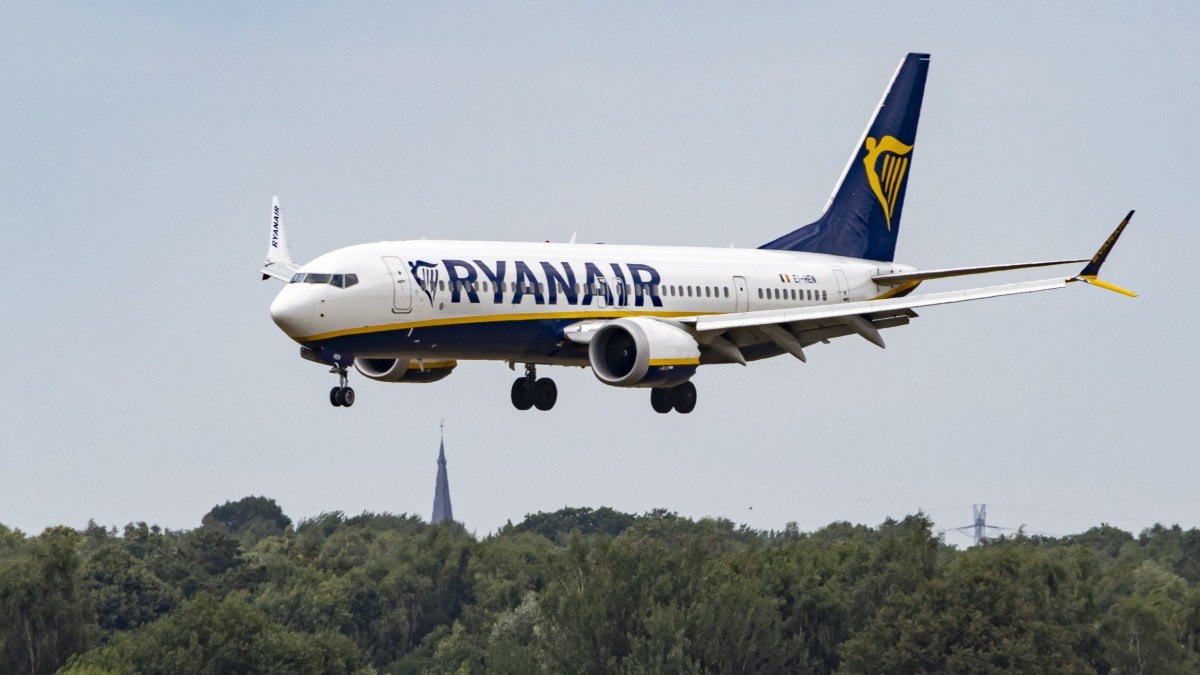Britons and other non-EU citizens will have to register their personal details including fingerprints and facial images as part of the new EU Entry/Exit System
MADRID – Britain’s favourite holiday destination will spend six months introducing new checks at its airports, land borders and ports as part of the new EU Entry/Exit System (EES) for recording passenger crossings into and out of the bloc.
The electronic checks will likely keep a closer control on British holiday homeowners who can only stay in countries like Spain for 90 days in every 180-day period after the Brexit agreement.
Britons and all other non-EU citizens will have to register their personal details, including fingerprints and facial images, when they enter the Schengen area. British expats registered in Spain or other EU countries as long-term residents will be exempt.
New FeatureIn ShortQuick Stories. Same trusted journalism.
Spain’s Interior Ministry said in a statement: “During the six months of testing of the EU EES, the entry into Spanish border posts will be progressive, first at airports, in a second phase at land borders and, finally, at sea borders.
“On Sunday, October 12, the first test will be carried out with the passage of a flight which will land at the Madrid-Barajas-Adolfo Suárez airport early in the morning,” it added.
The EES system is designed to remove the requirement to manually stamp passports at the EU’s external border and instead create digital records.
The EU wants to modernise the management of its external borders, in part to prevent illegal migration, combat identity fraud and target overstayers.
Britons arriving in the Schengen area for the first time will have to scan their passports, register their passports and provide a facial scan. When they leave, these details will be checked with the EES database to confirm they have complied with existing rules.
Children under 12 will need to be registered under EES but will just have their photograph taken. There is no charge for the EES.
One British businesswoman who lives in Spain but travels back and forth was concerned that the new checks may make delays worse for UK travellers at Barcelona airport.
The woman, who did not want to be named, said: “They have a whole set of electronic passport check machines which they never use at the airport so there are always long queues when any flights arrive at Barcelona and only two or three police officers to manually check passports.
“What will it be like when checks for this new visa comes in? It might be worse,” she added.
The i Paper reached out to the Spanish National Police for comment about Barcelona airport but did not receive a reply.
To help Britons and other non-EU visitors, Spain’s foreign ministry has published an infographic, while the British Embassy in Madrid has published a guide on Facebook to help British nationals understand what will be required.
The new system will not be implemented at the Gibraltar border for the time being.
